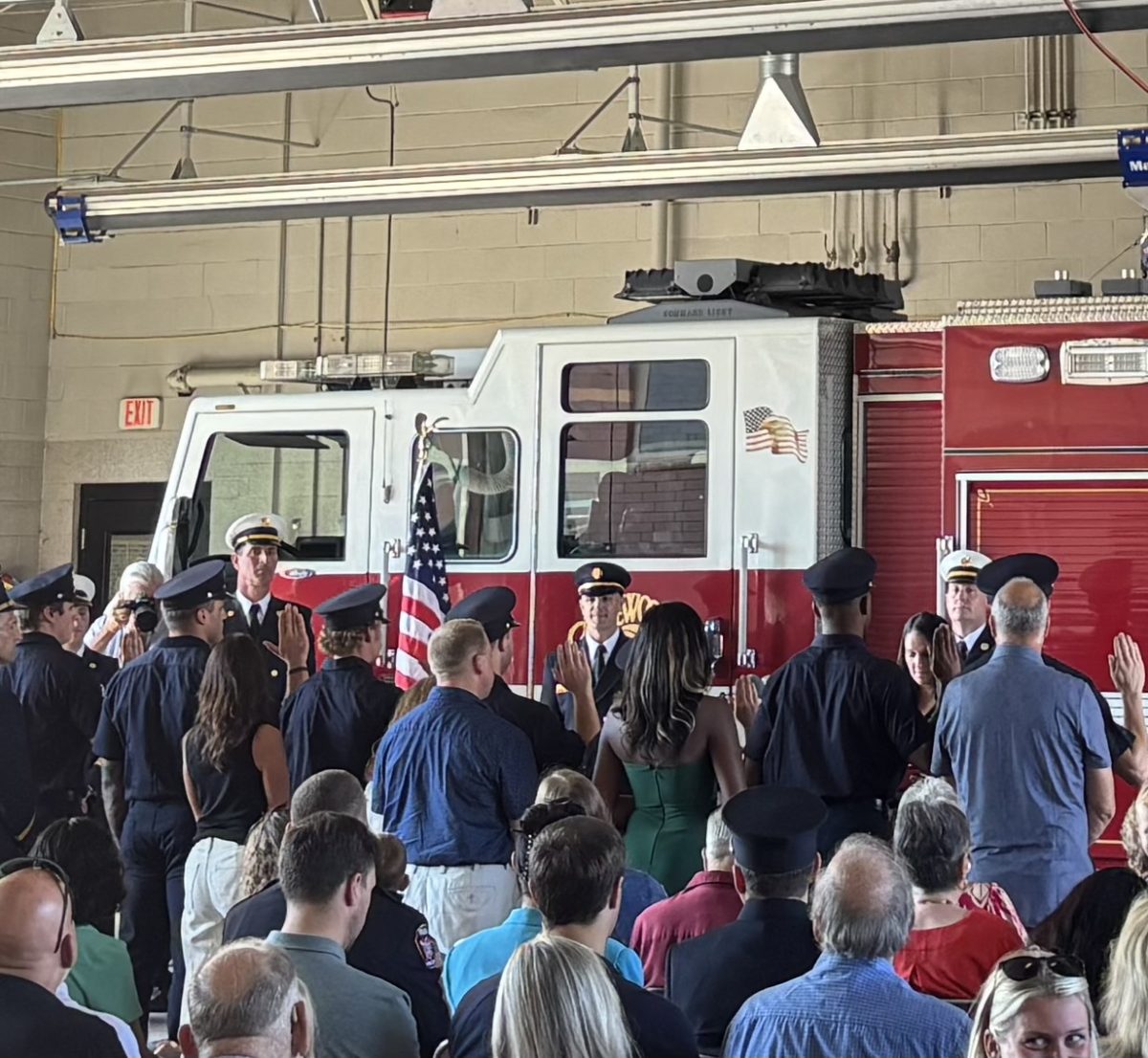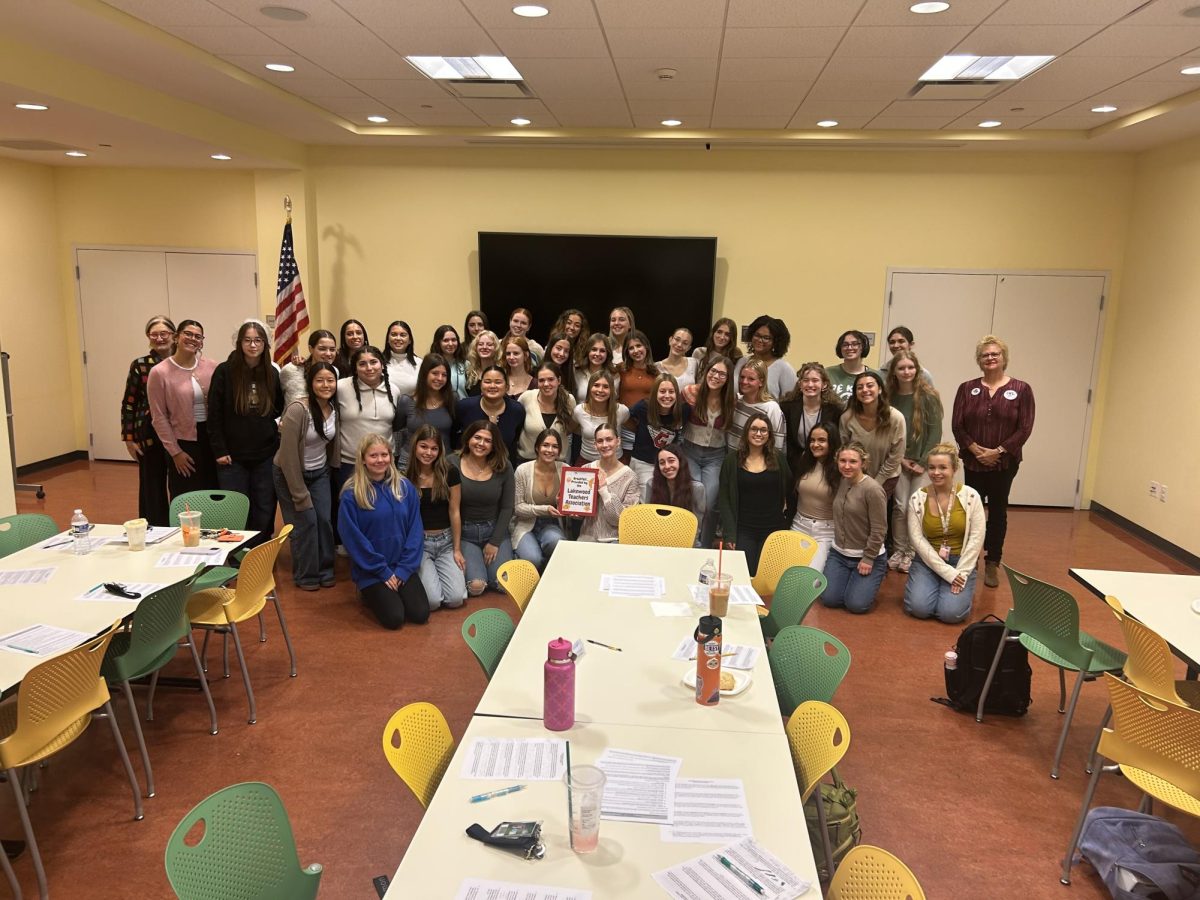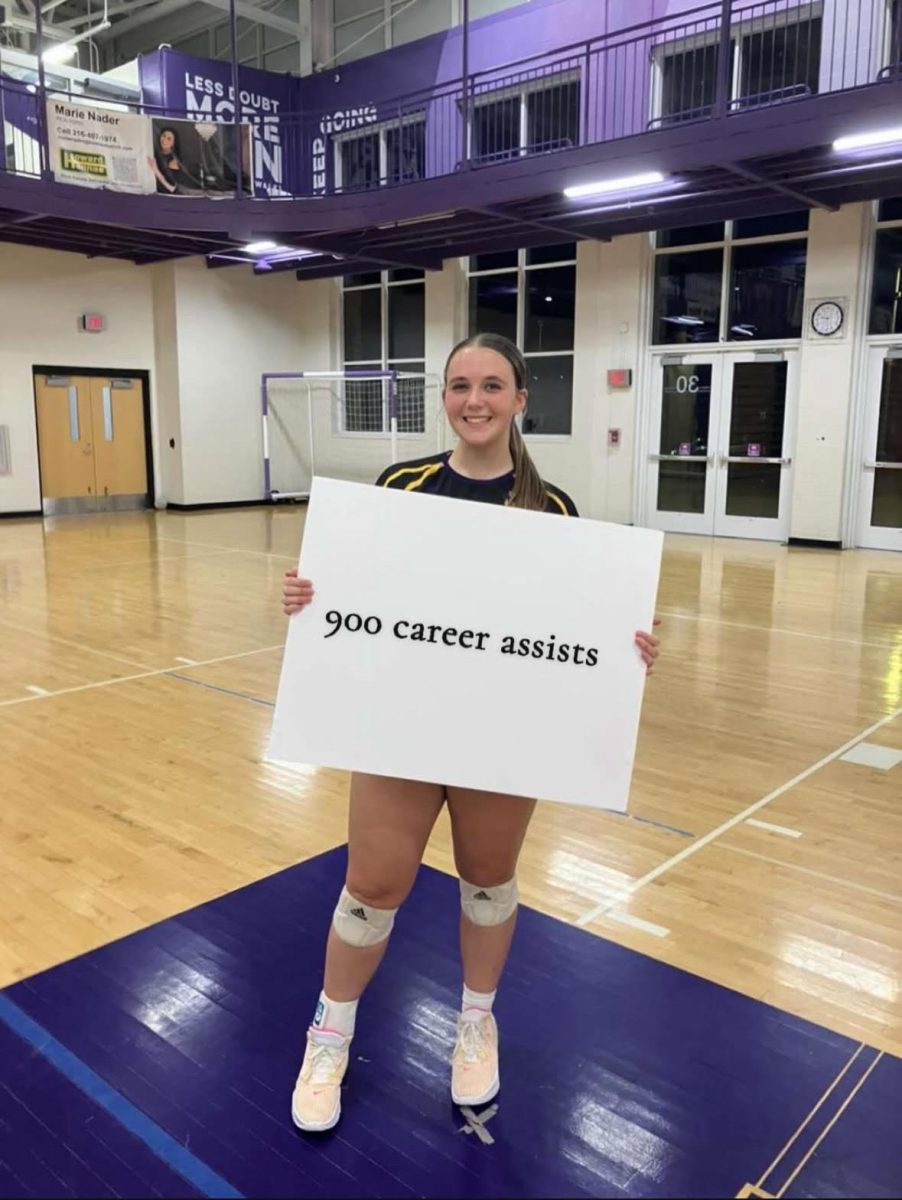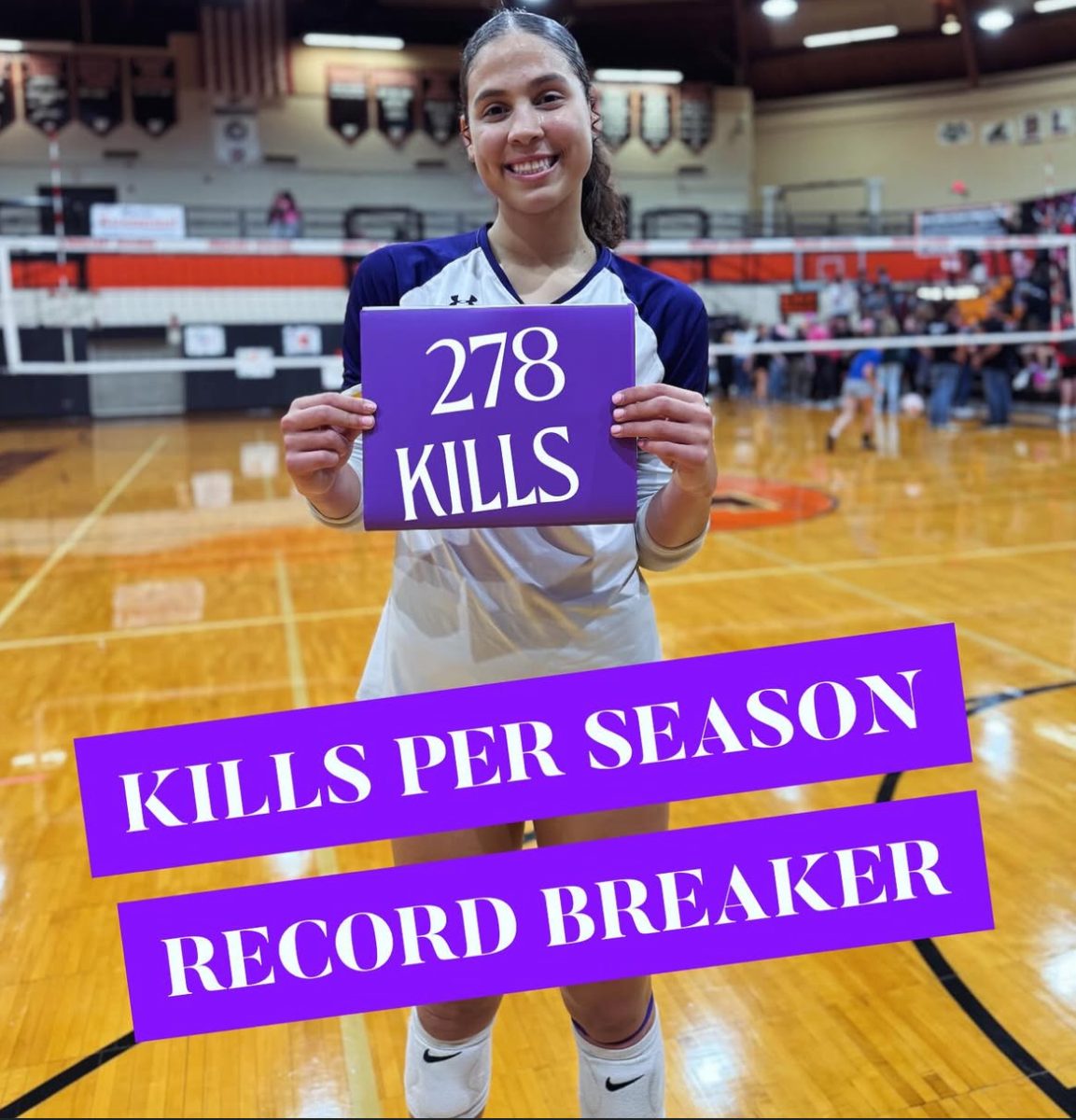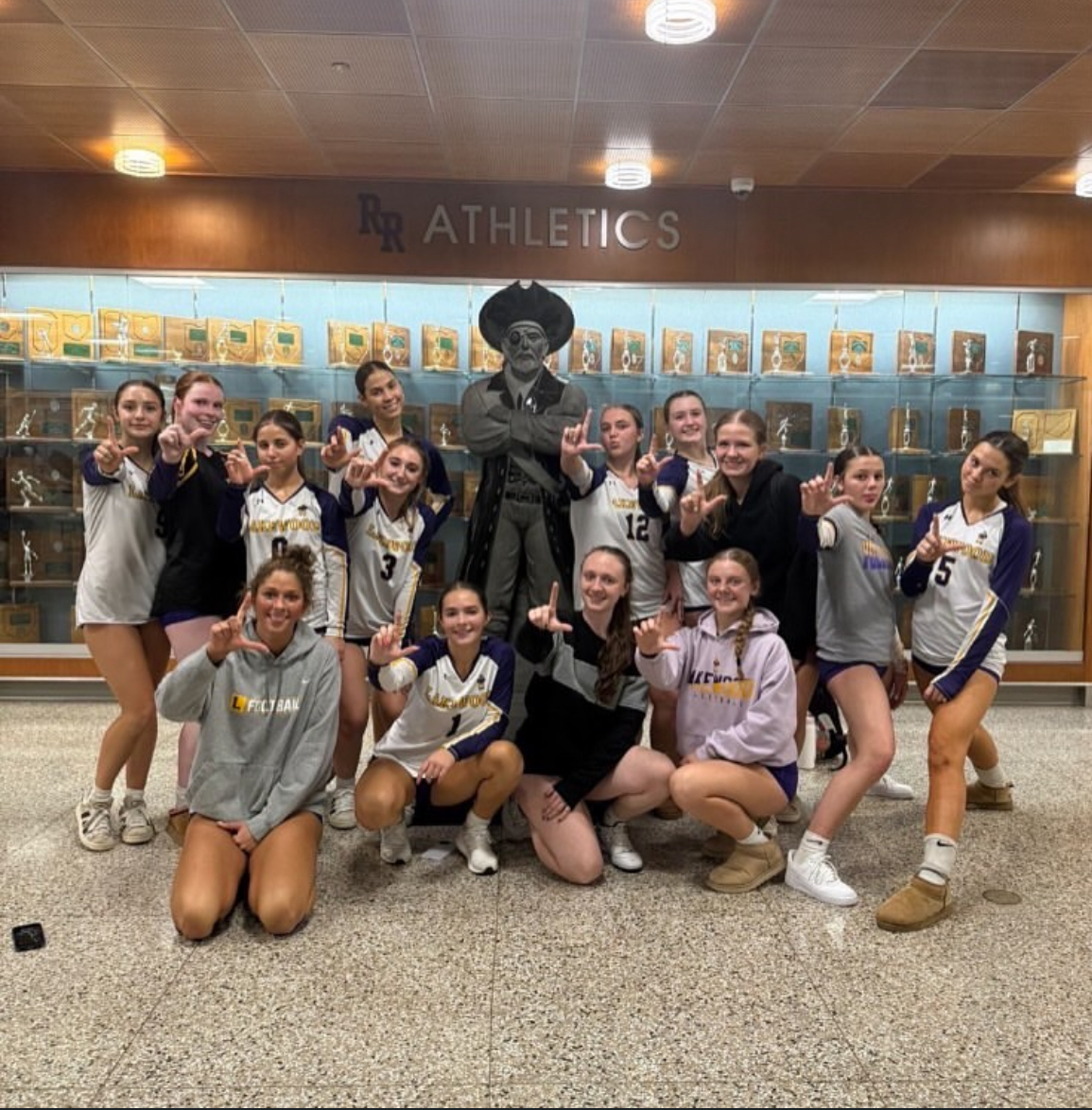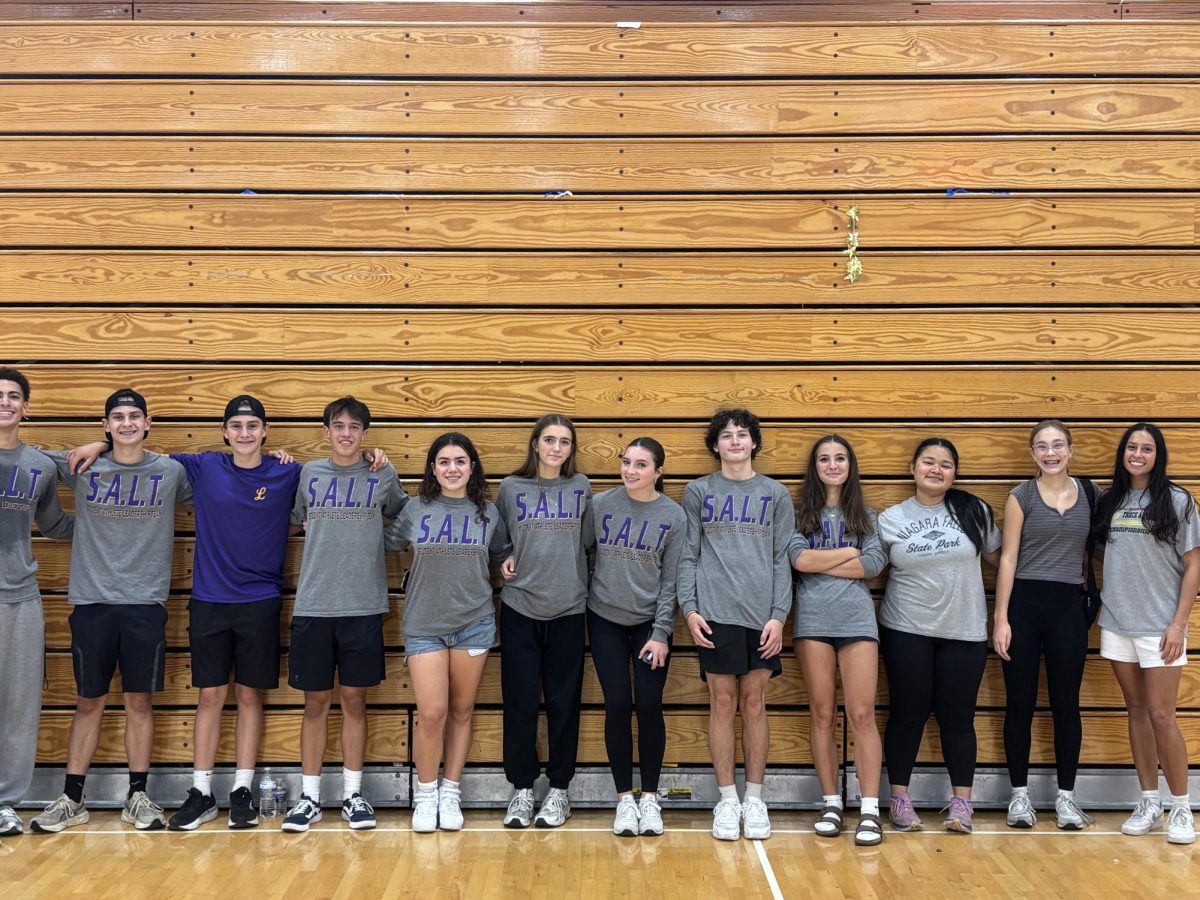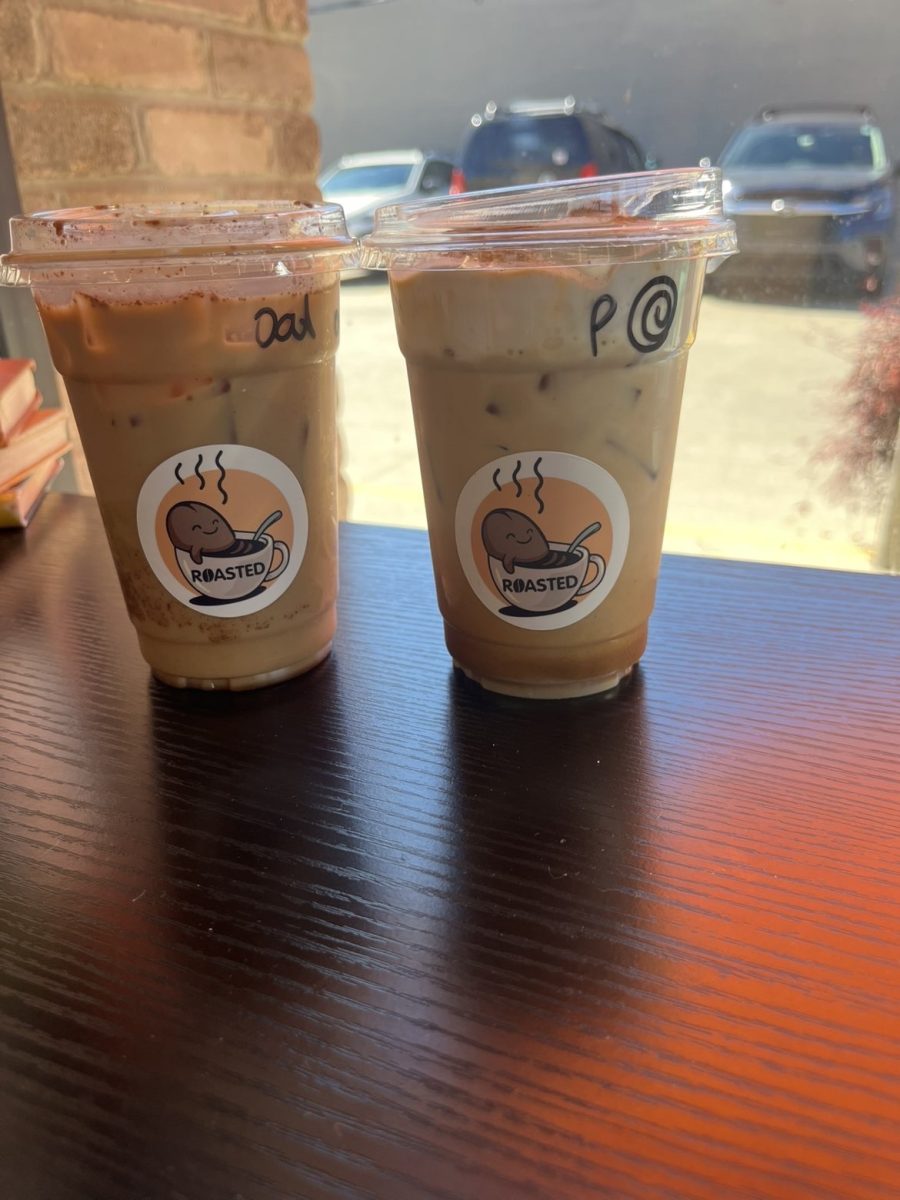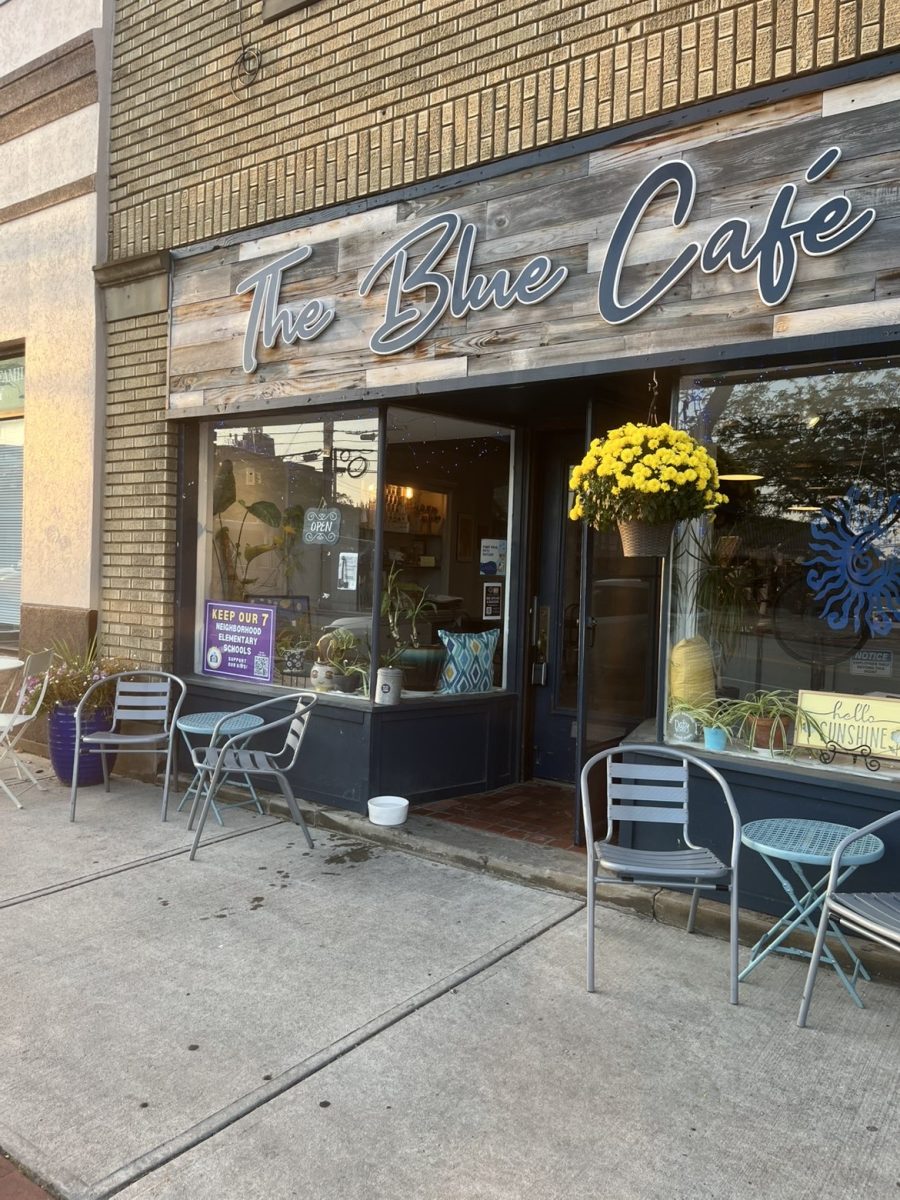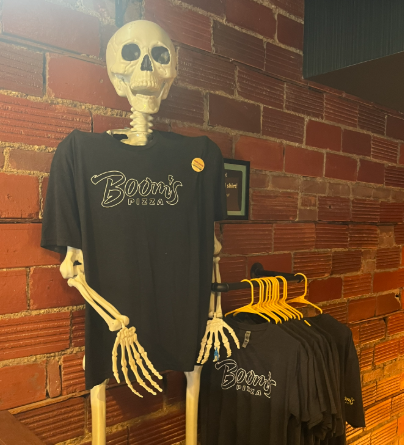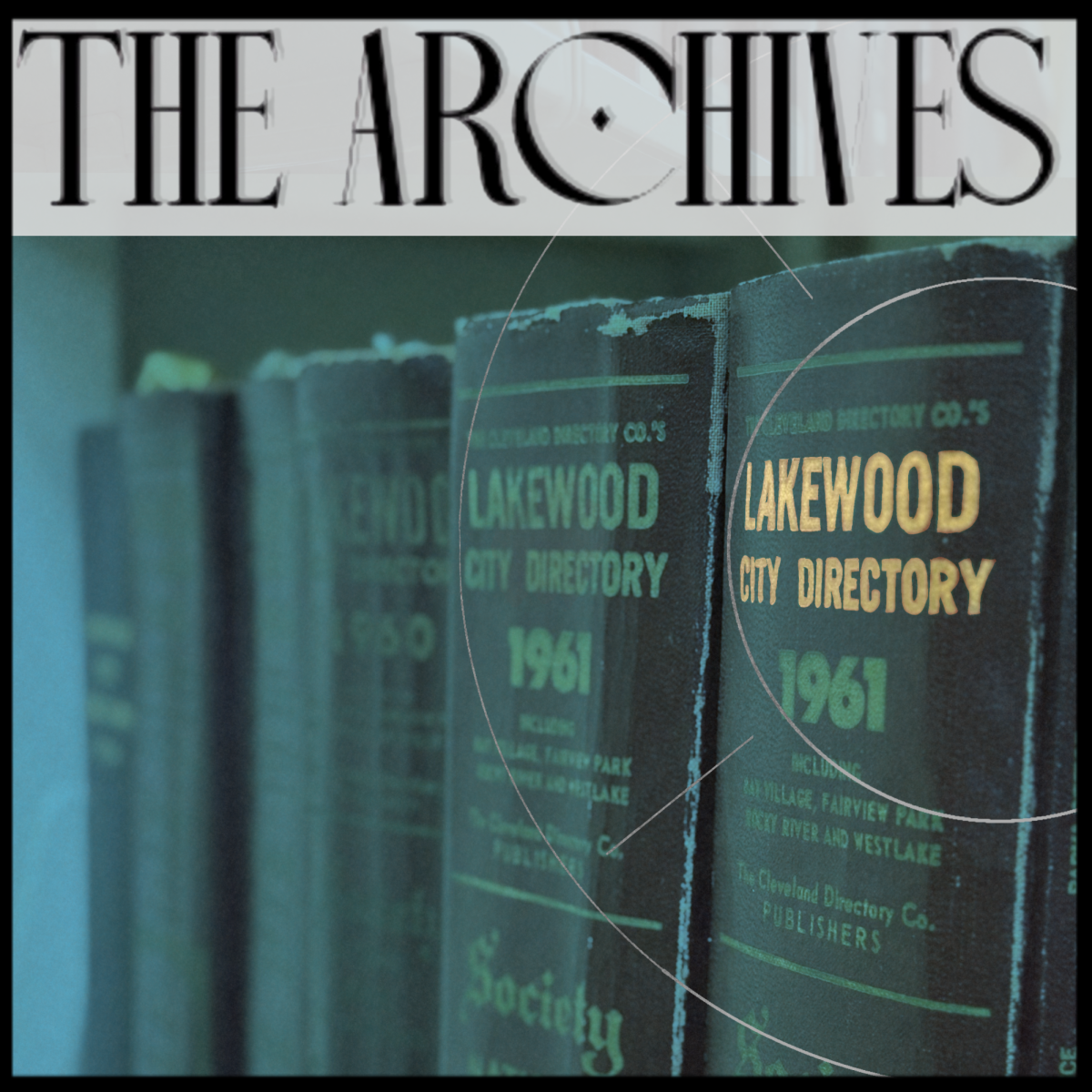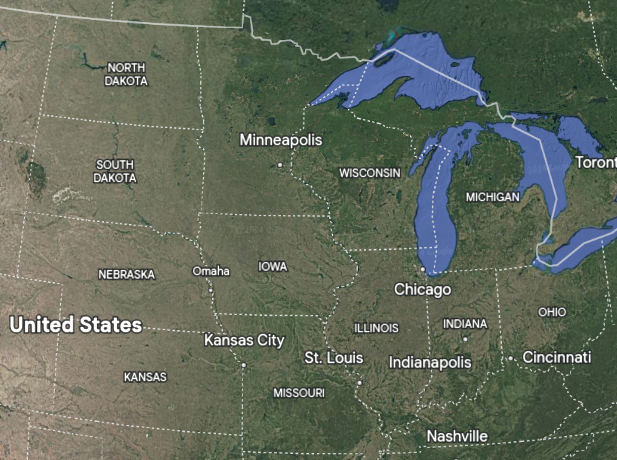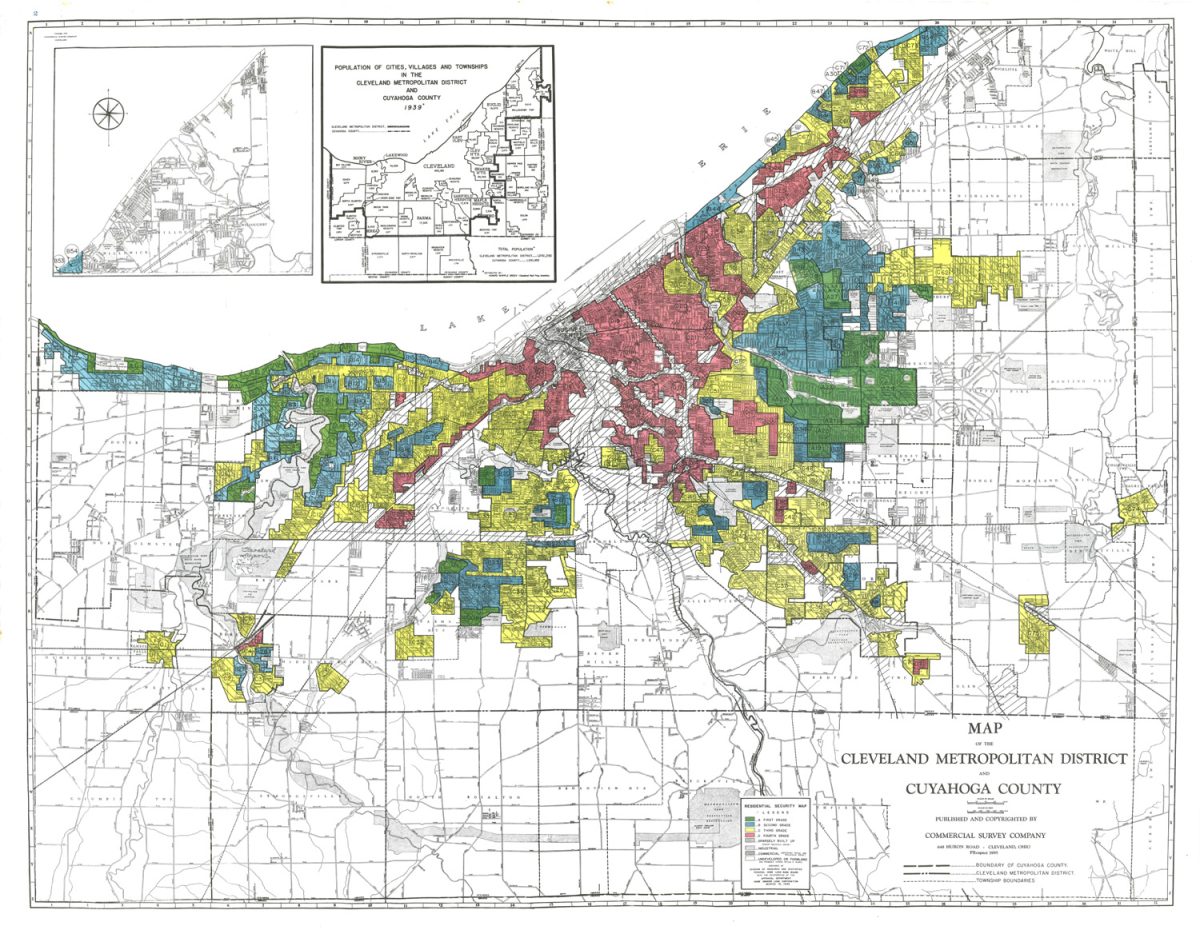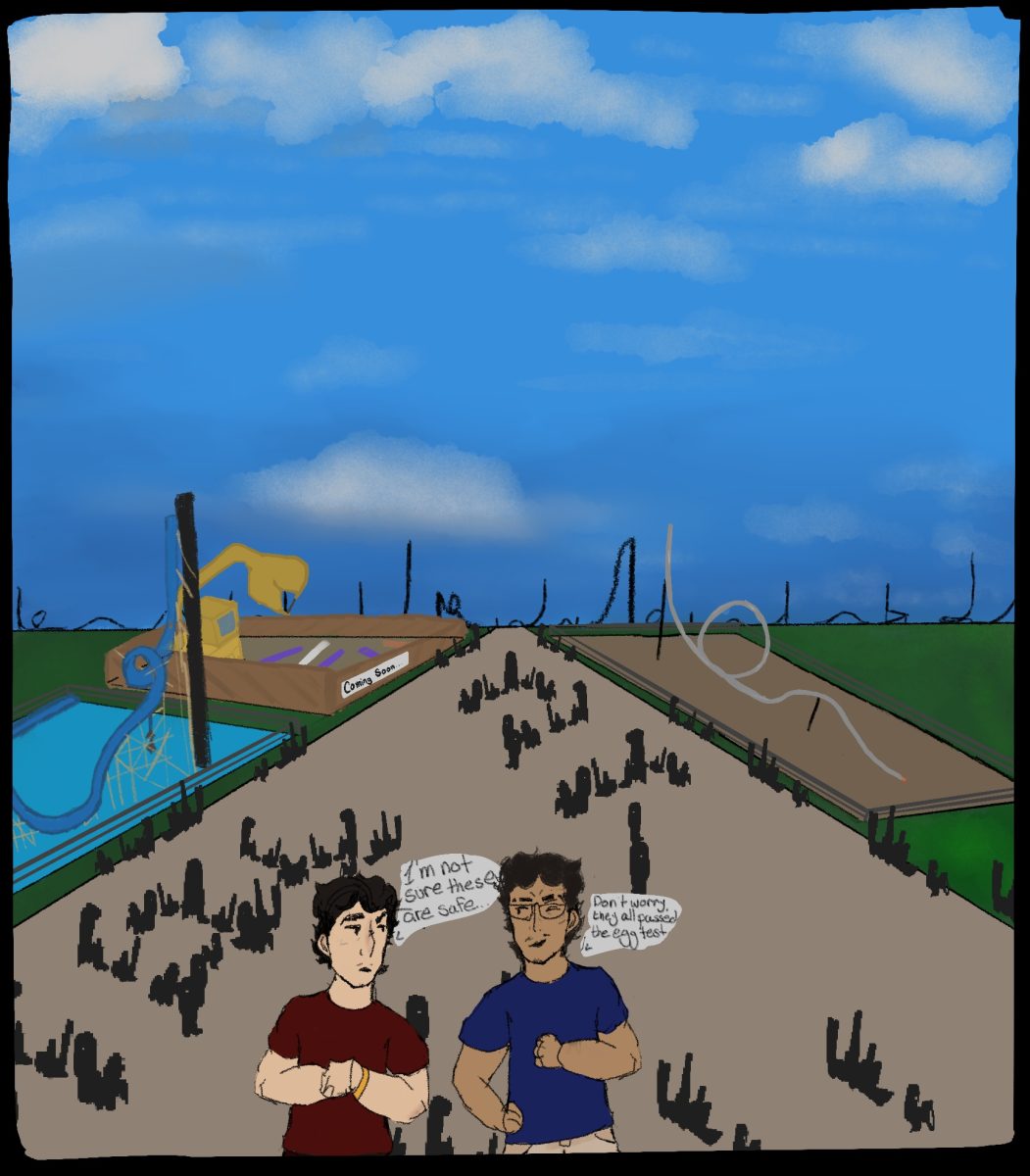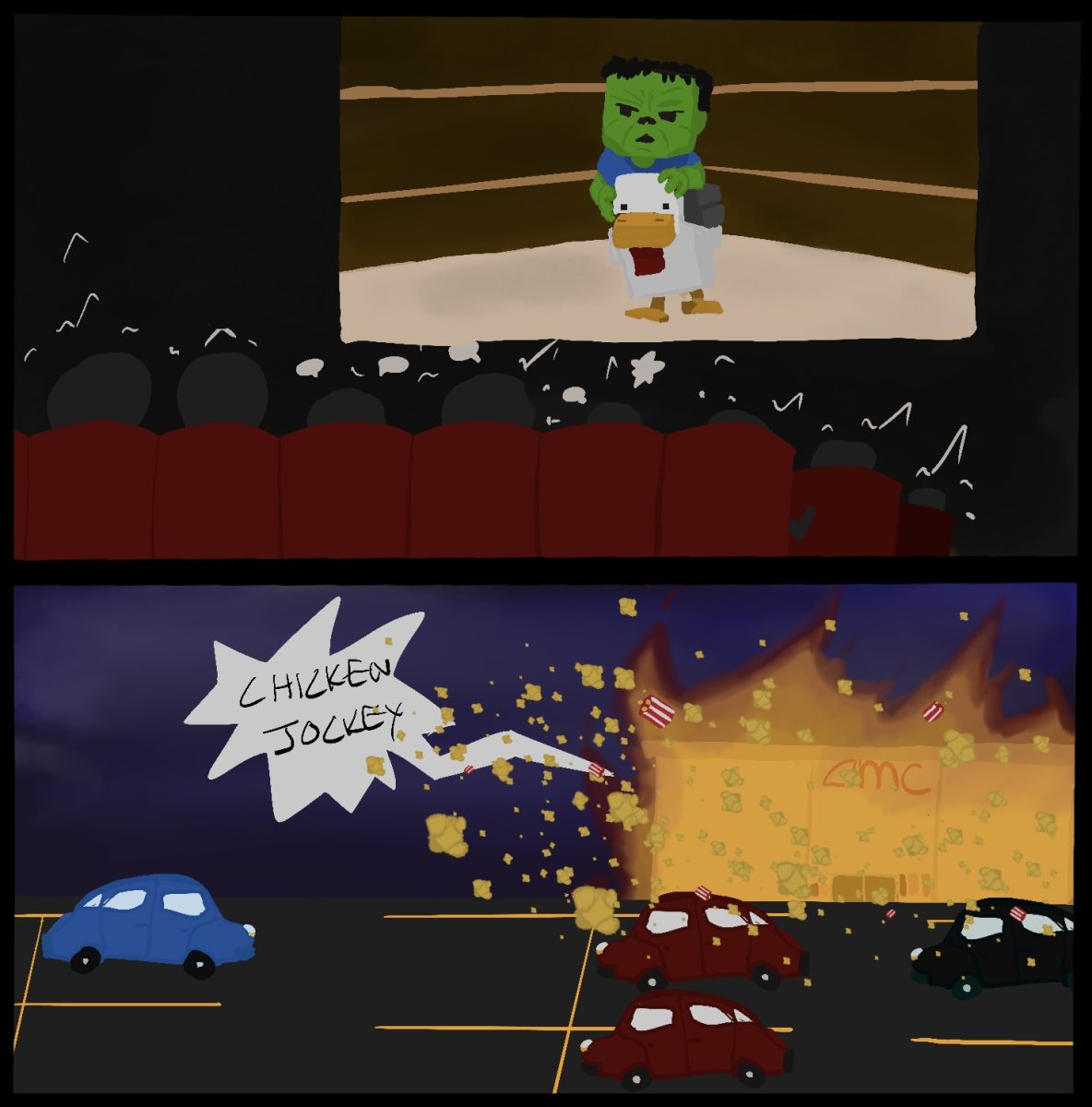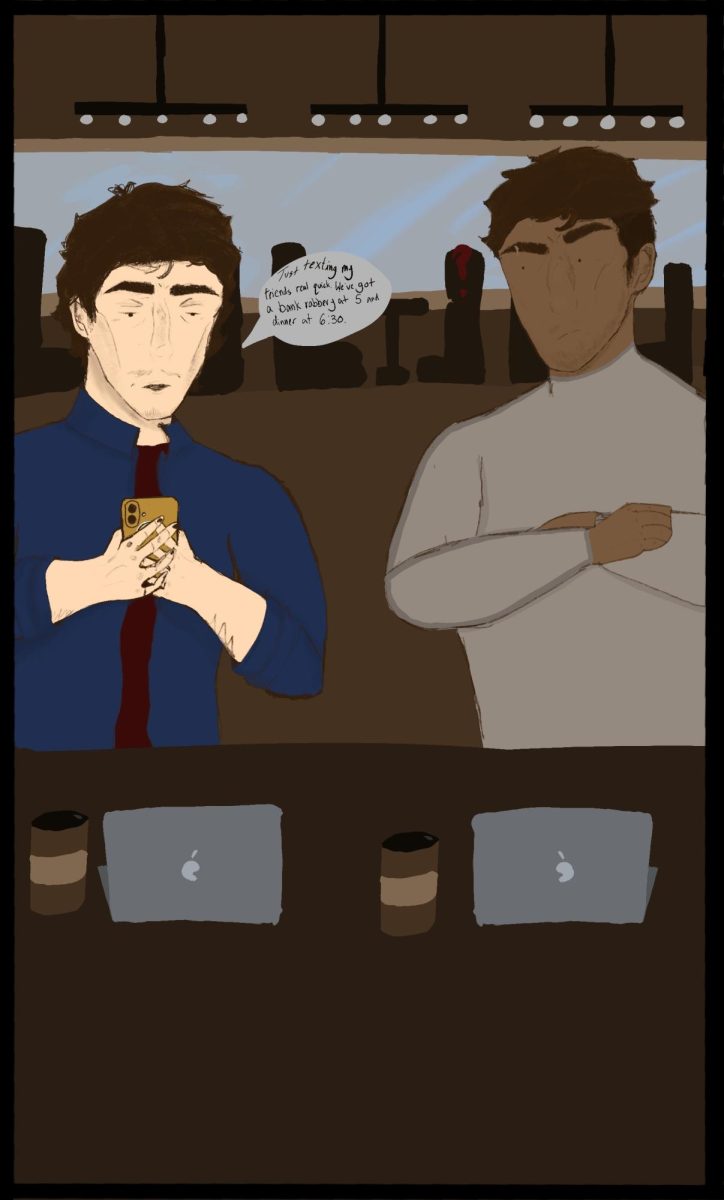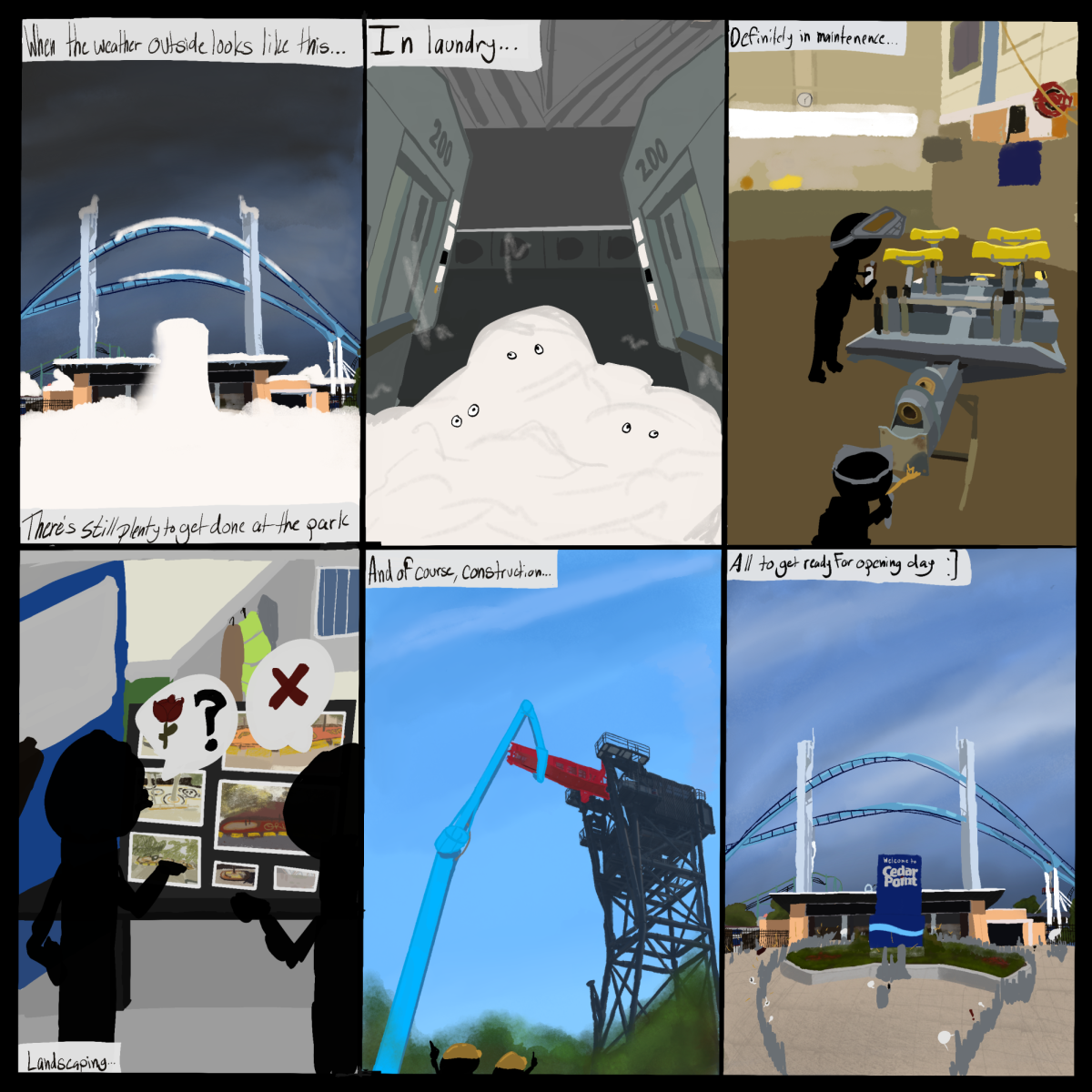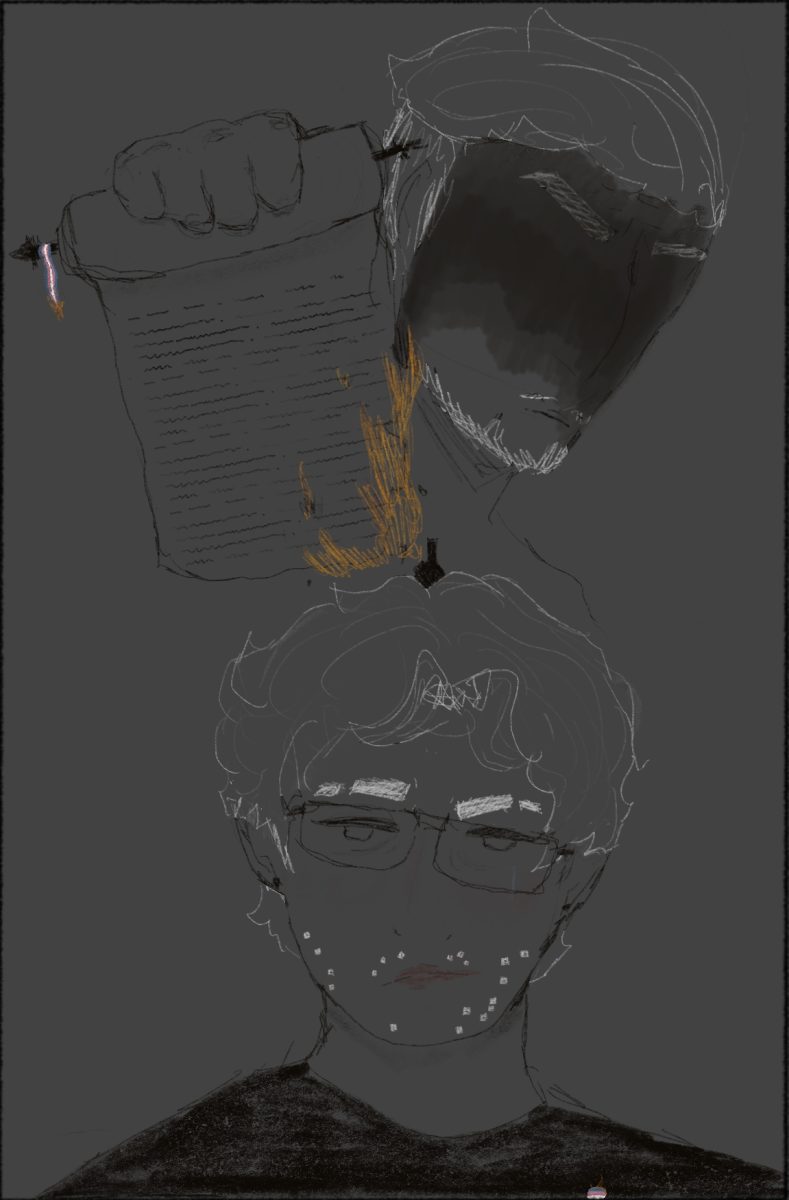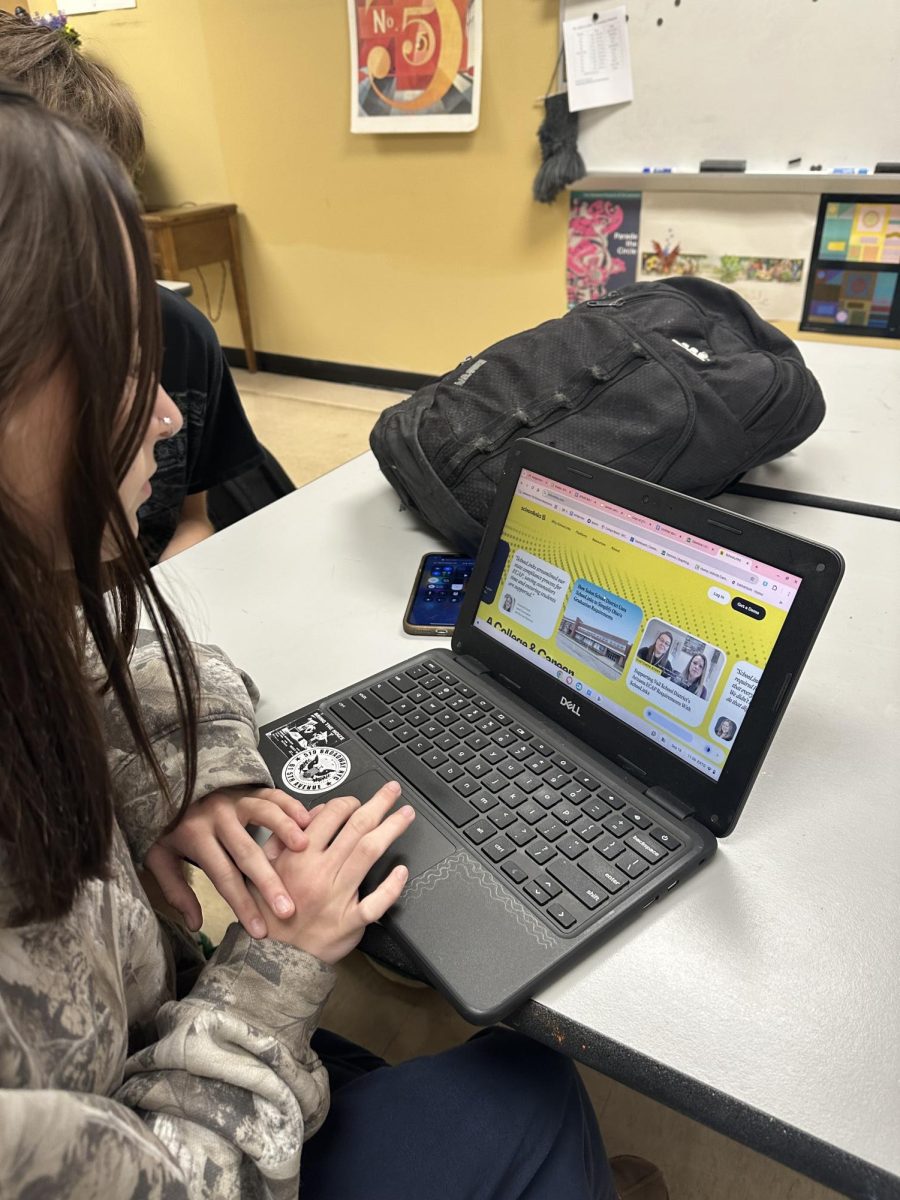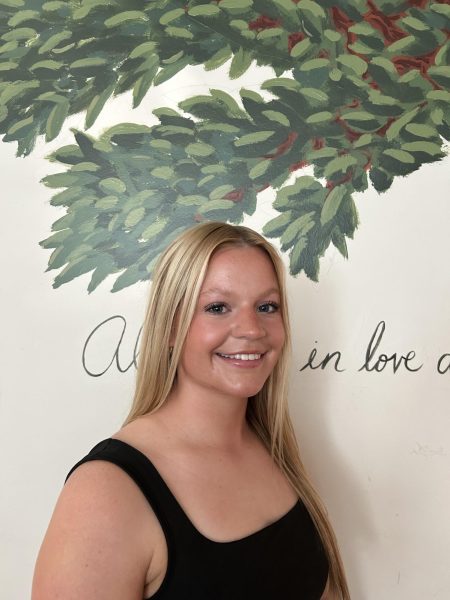Feeling behind on college applications is common, but the best-kept secret is that you’re actually not. Early deadlines, constant comparisons, and group chat debates make it easy to believe you are falling behind. For those still drafting, it can seem like others are ahead, but most students share these worries. The process is rarely black and white—doubts and second-guessing are a normal part of the experience.
What is “On Time”?
One of the biggest anxieties is timing. When classmates announce they’ve already applied by the end of August or when your social media feed floods with posts about early acceptances and lengthy application lists, it can feel like the rest of the senior class is passing you by. Yet, admissions offices know most applications arrive close to deadlines.
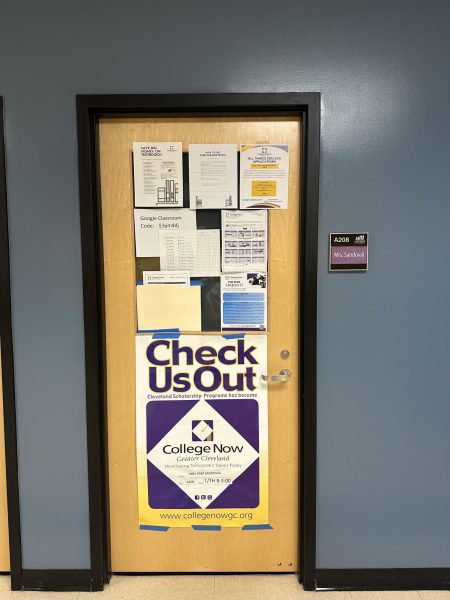
“If you can use September as being your time to get your applications out of the way… Then, in October, we can work on getting the FAFSA… You’ve crossed those off, now you can look up scholarships,” said Pamela Sandoval from the Lakewood High College Now office. “When students do that, it really kind of takes a lot of stress off them.”
Colleges expect students to work at different paces. What matters is steady progress, not rushing to hit “submit” before everyone else.
Narratives and Numbers
Then comes the essay. This is the piece that looms largest for many seniors. “I’ve come up with ideas for my essay over the summer, but I haven’t written it yet,” Lakewood High School senior Lauren Lamparyk said. “I’m farther along in CommonApp, but not in the sense of writing things down and actually applying.” Students often imagine a picture of admissions officers pining over every word choice and figure of speech, but at the end of the day, they are just trying to get a feel for who you are.
In truth, colleges don’t want perfection. They want personality. An essay’s value comes from authenticity. A heartfelt or unique story speaks louder than forced vocabulary or over-edited prose. What matters is that the essay sounds like the student.
Grades and test scores add another layer of anxiety. Students worry that one “bad” semester or a test score below the average will overshadow all their other accomplishments. But applications are designed to capture more than numbers. Admissions look at the context: the rigor of classes available, the obstacles a student faced, and the commitments they balanced. Many colleges are also test-optional, allowing students to showcase their strengths beyond standardized test scores.
A transcript may tell part of the story, but the whole application brings it to life. Activities, recommendations, and essays all add dimension to a person that numbers alone cannot provide.
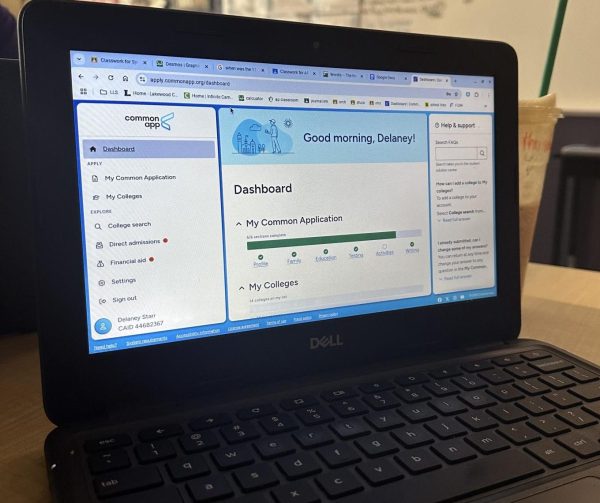
Redefining Success
Perhaps the heaviest weight students carry is the belief that there is one right outcome. This mindset makes the process feel like a pass-or-fail test of self-worth. But what research–and the experience of countless graduates–shows is that long-term success depends far more on what students do in college than on where they go. “I’m going to apply to CSU, OU, and UC,” Miles Nieves, another LHS senior, said. “They’re all good engineering schools, and they all have pretty good co-ops.” Opportunities exist at every level, and thriving has far more to do with the student than with the name on the gate.
A Healthier Perspective
When the stress feels overwhelming, it helps to step back and reframe the process. Applying to college is not about proving perfection or keeping up with classmates. It’s about presenting a full, human picture—your strengths, your growth, and your potential.
Feeling “behind” is normal, but it isn’t true. Everyone moves at their own pace, and no one has it all figured out. When asked about the hardest part of the application, Lamparyk said, “Figuring out what I want to do, where I want to go, what scholarships to apply for, and just navigating this.” On top of deadlines, high school seniors must make crucial decisions that seem far away.
Final Thoughts
College applications will always carry some stress, but they don’t have to be a constant source of fear throughout your senior year. The process isn’t supposed to establish your worth; it’s an opportunity to share your story.
If you’re staring at a blank essay or just beginning to research schools, take a breath. You are not late. You are not doing it wrong. You’re doing it your way—and that’s enough.

